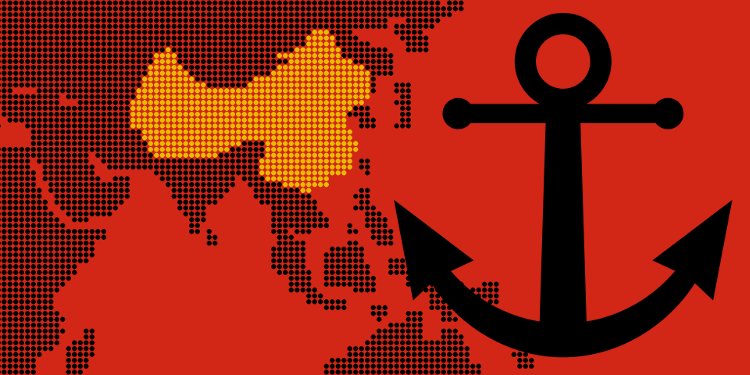In the recently reported war games, the Pentagon probably did not consider the largest army in the world: America’s hunters. Most States have an army of hunters larger than most countries. And, if we combine that with all the bullets owned by the Weather Channel (pork-barrel spending?) and all the location data provided by the Weather Channel apps, there should be no problem defeating the Russians or any other military if they come into America, which is probably why the Russians won’t come to America, which is probably why no scenario ends with us defeating the Russians… because in those scenarios, they never actually collide with the US citizens anyway.
Hong Kong held an election. Chinese troops rehearsed with Americans for the first time—a sign that the masses are expected to take to mean all is well. Obama, reportedly, doesn’t like China’s territorial claims. And, now, ISIL managed to get on China’s laundry list; that just might have bought world peace for another decade, though minor conflicts can’t be avoided, such as the Pacific conflict already brewing. · · · →

